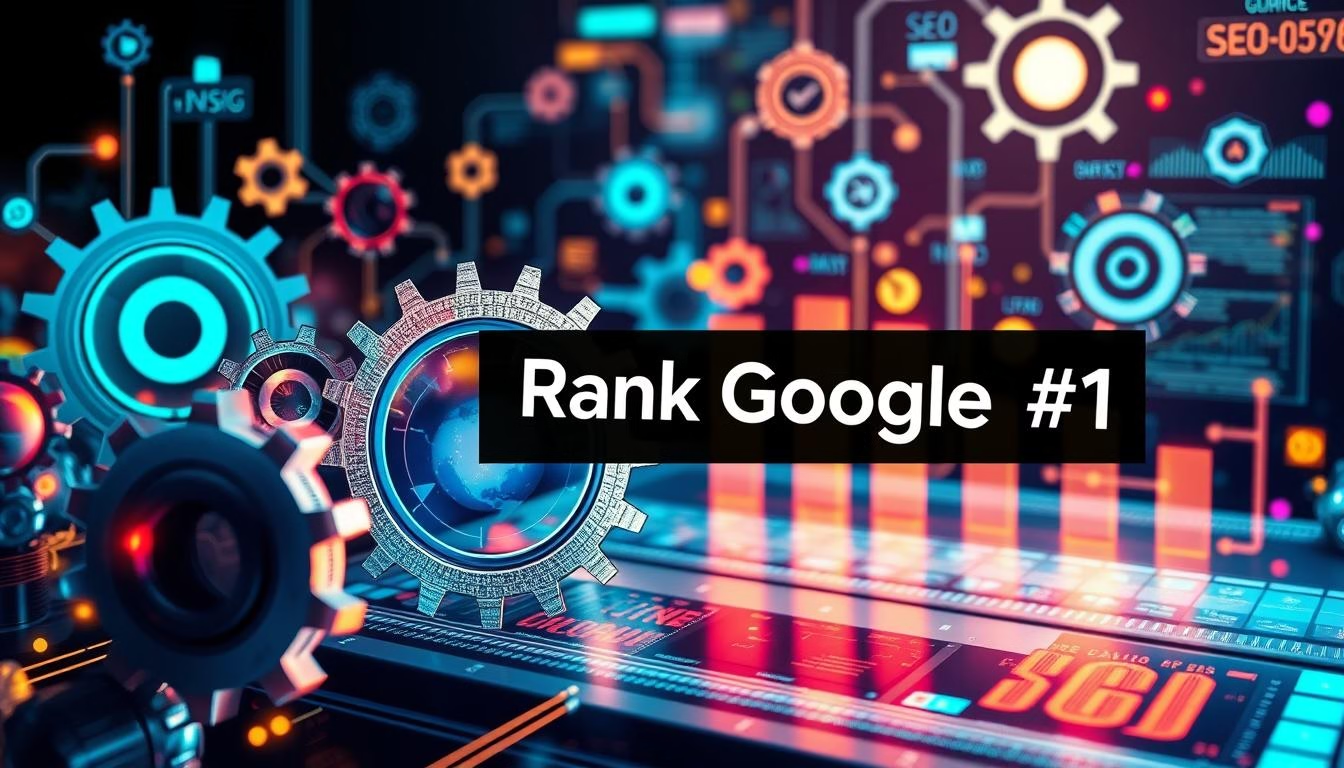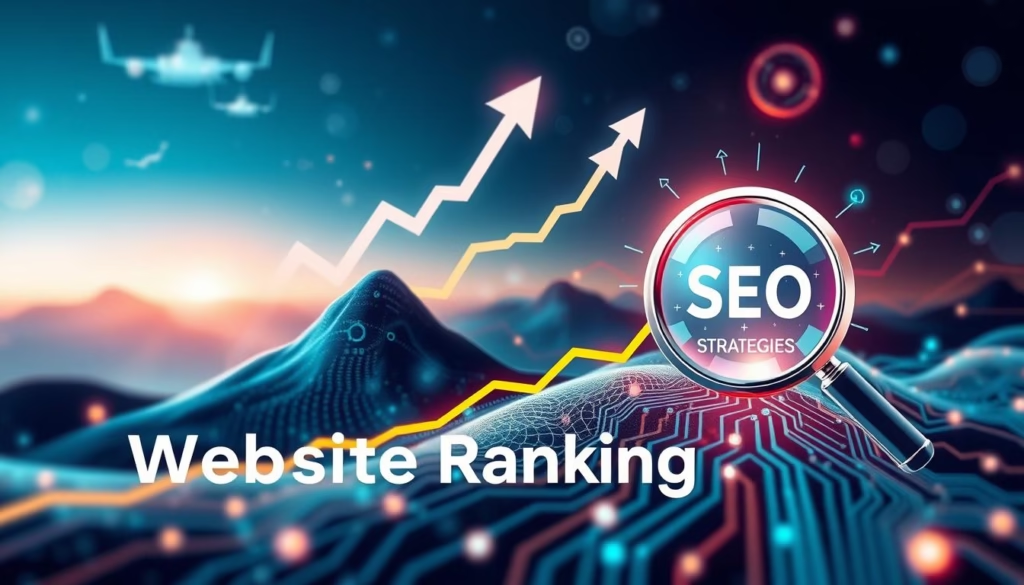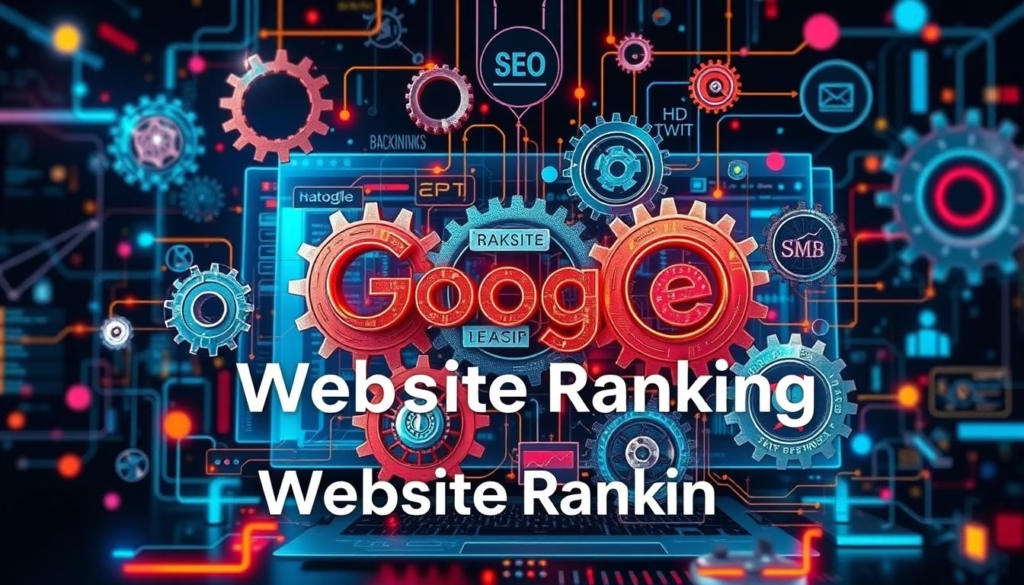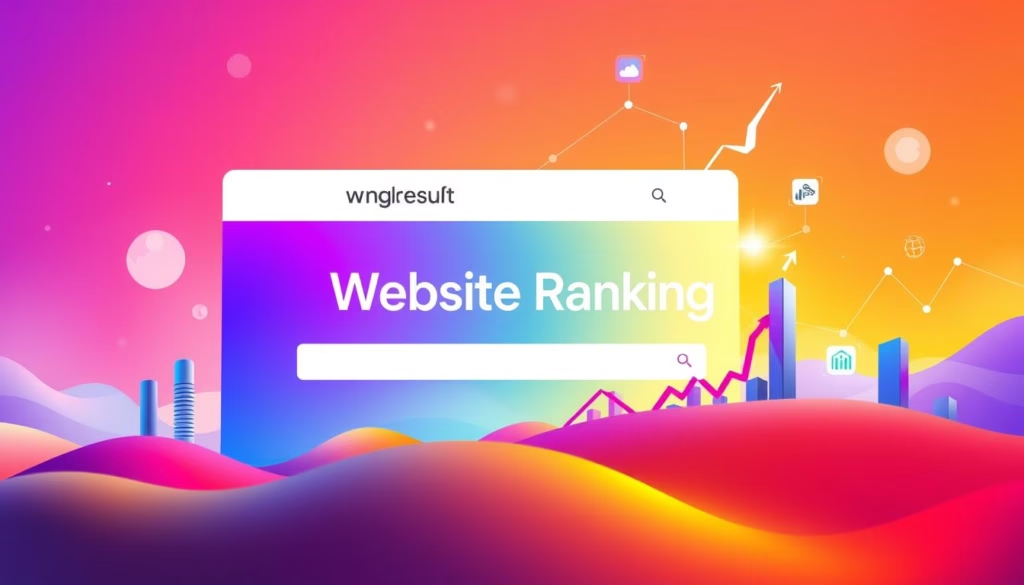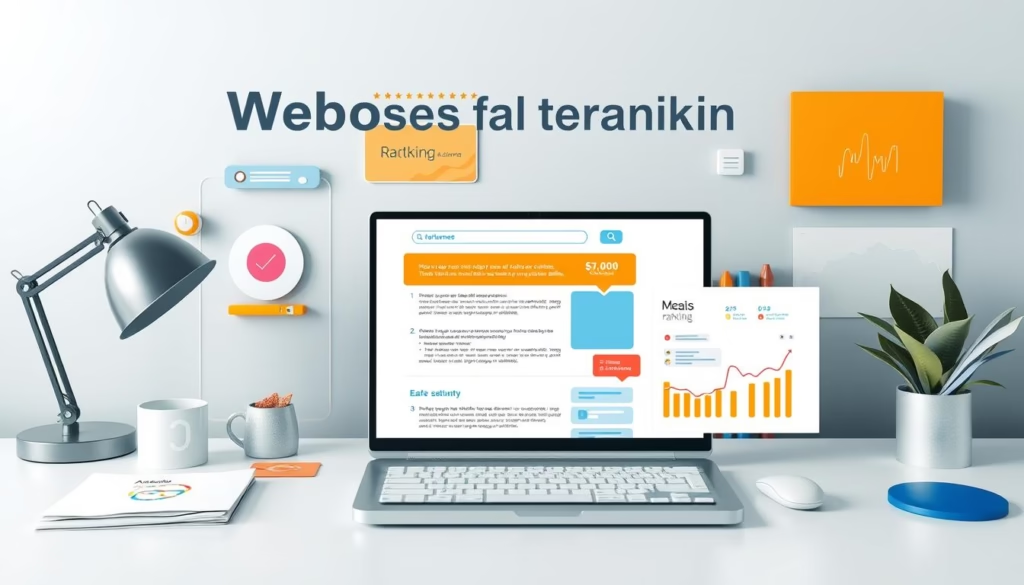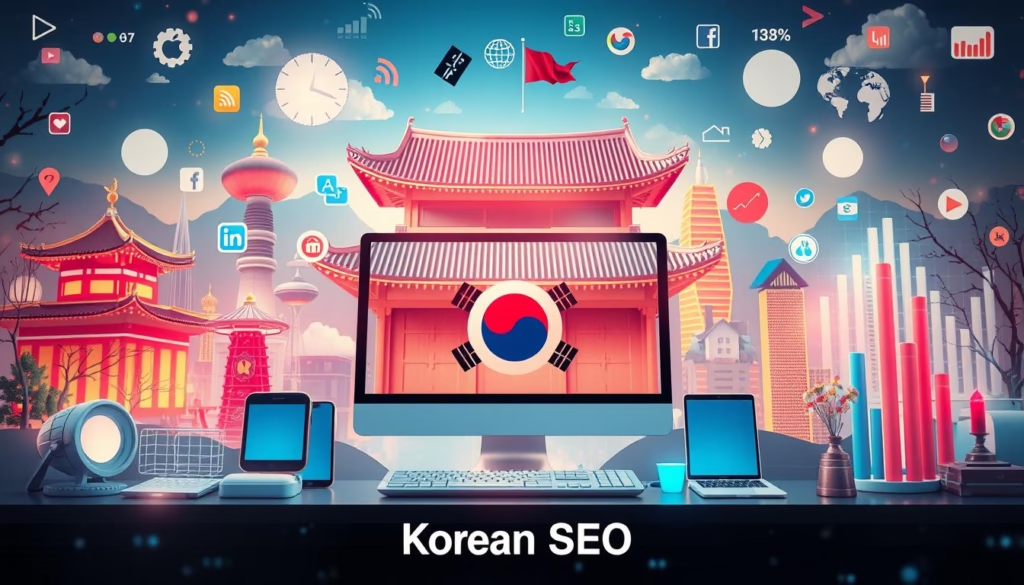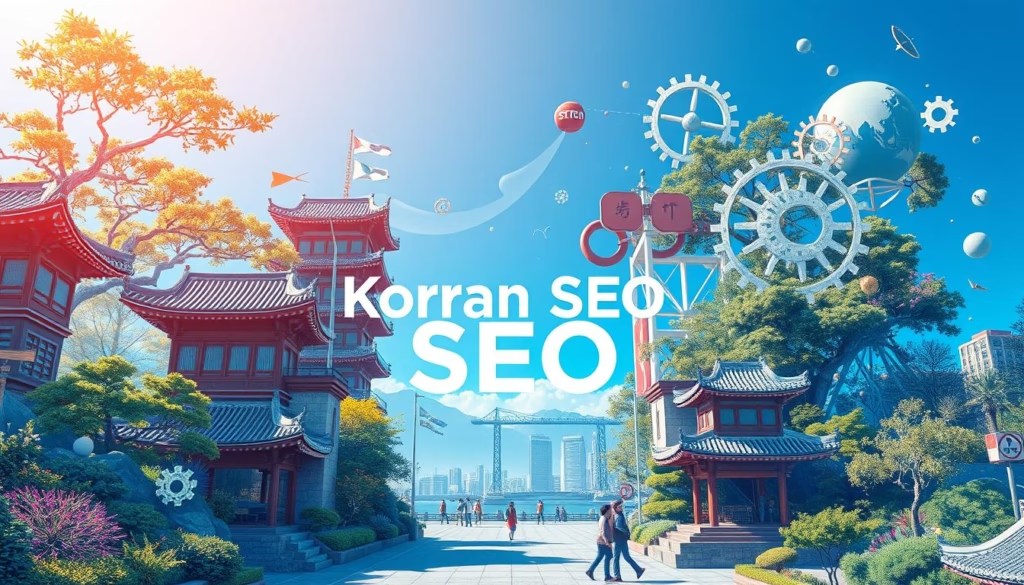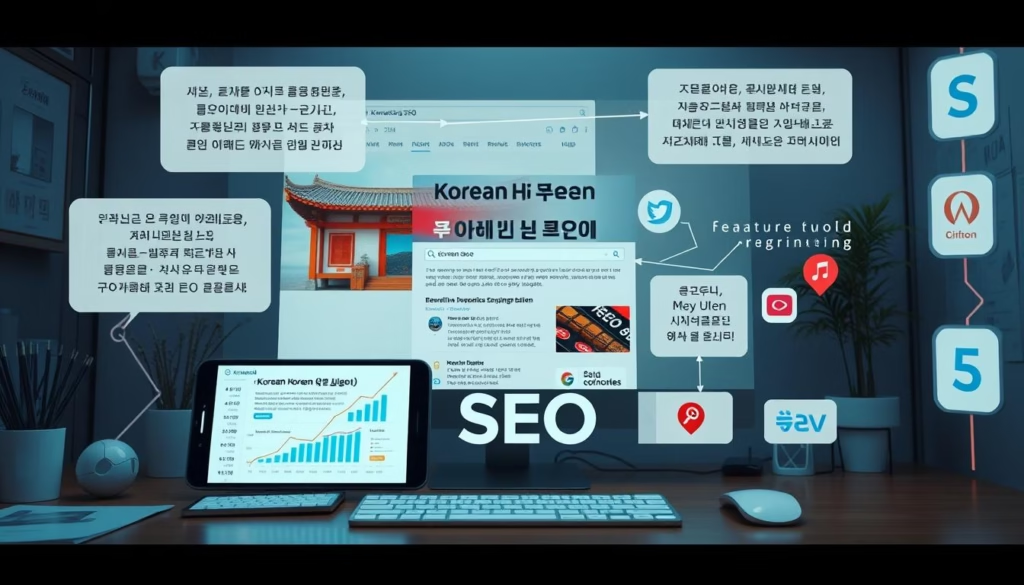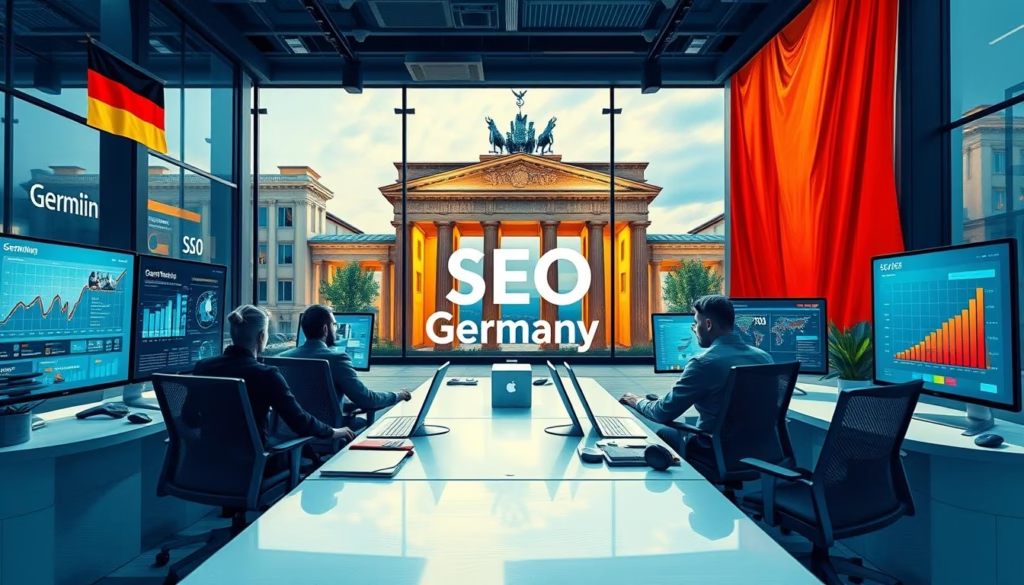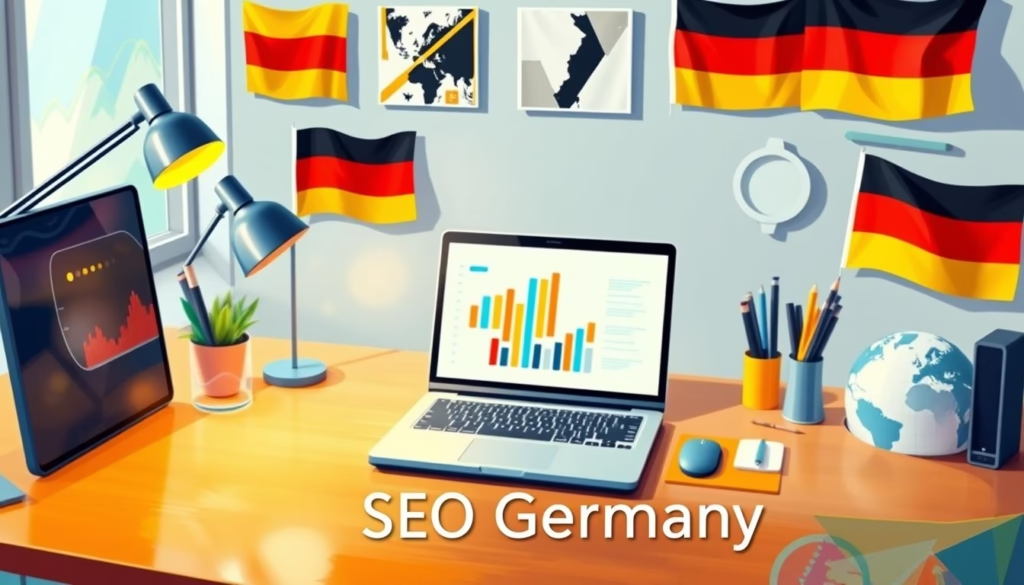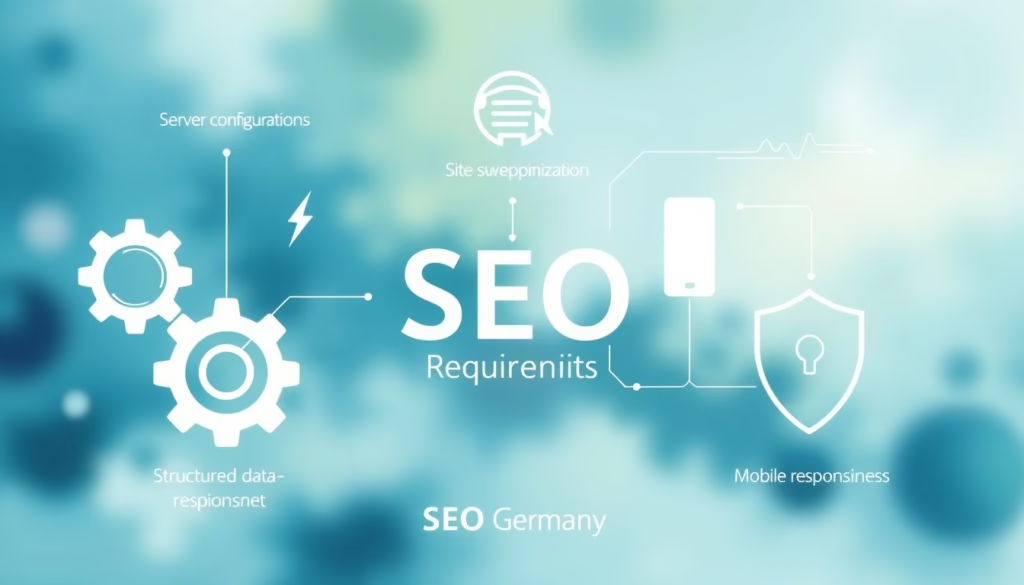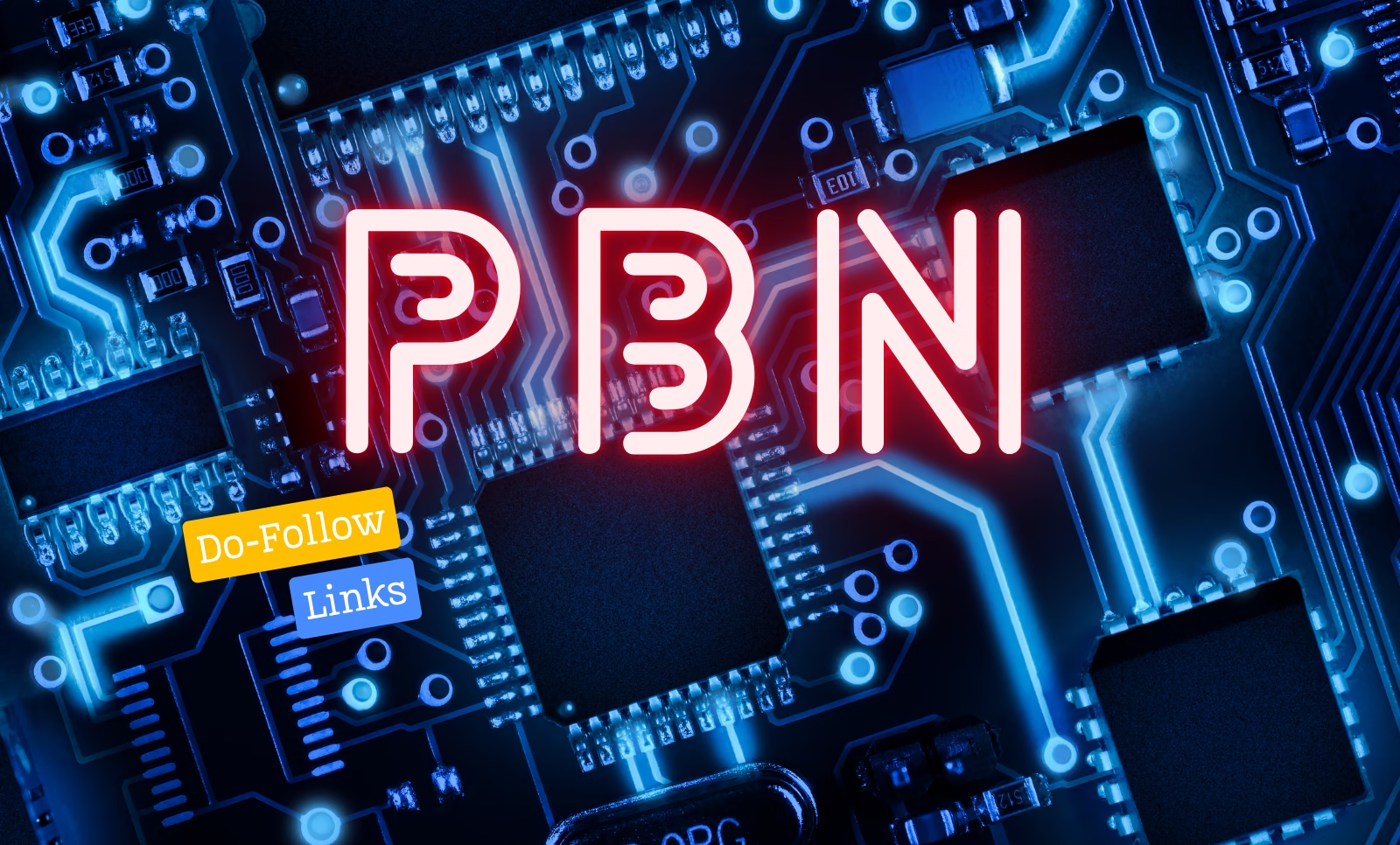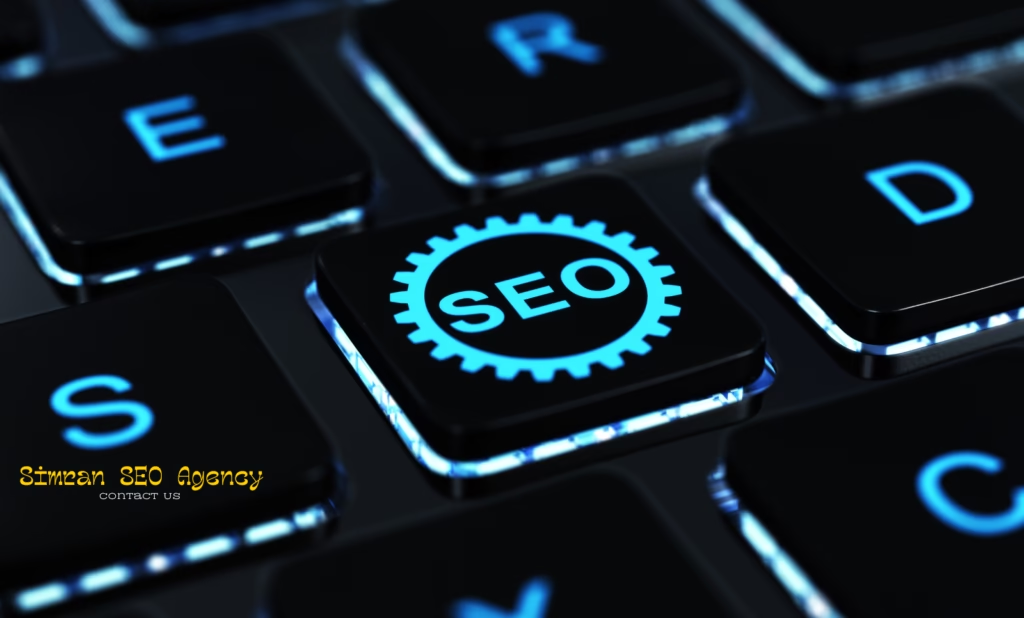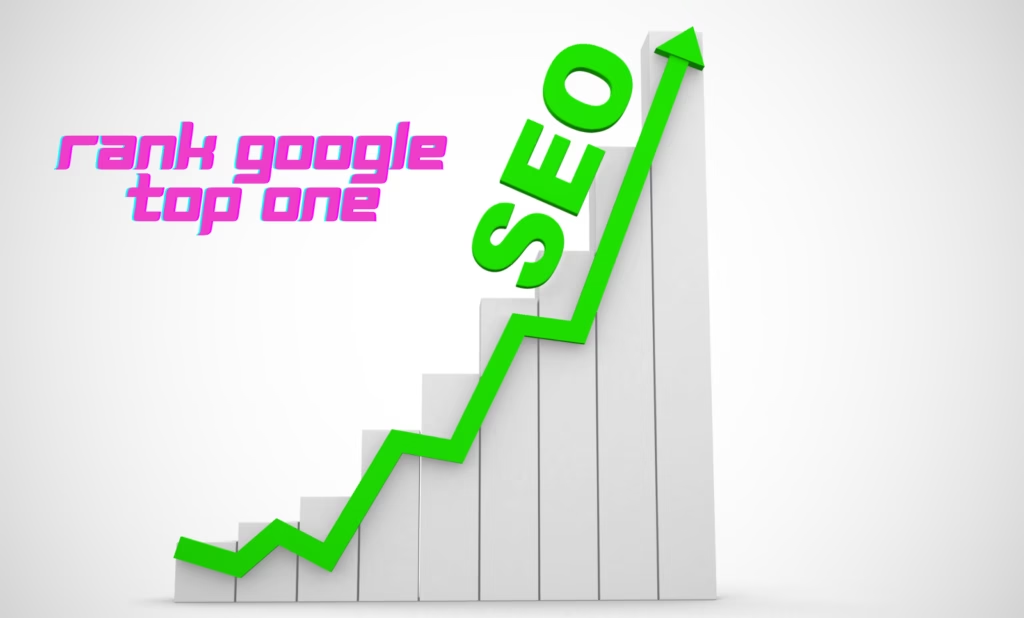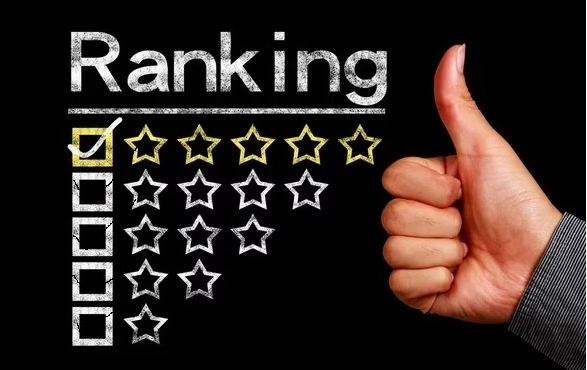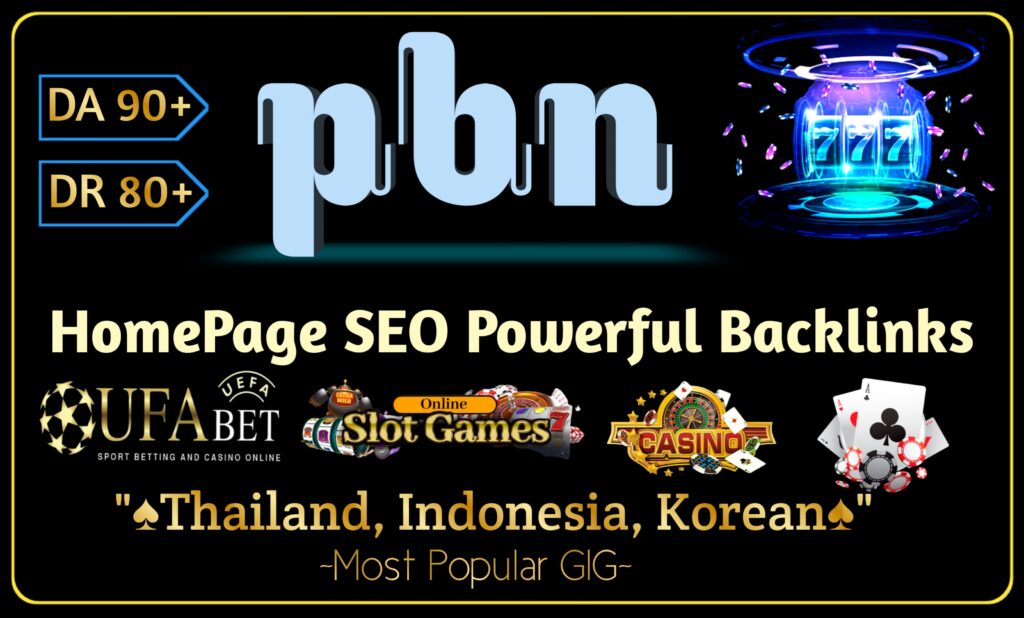Understanding Off-Page SEO and On-Page SEO: A 2025 Comprehensive Guide
To cut a long story short, Off-Page SEO and On-Page SEO is an important approach that helps a site owner in enhancing the standings of his website on a search engine result page.
SEO can be broadly divided into two primary categories: on-page SEO and off-page SEO. While both are important to implement an effective SEO strategy, each targets other areas of optimization for web sites.

In this article I will review some of the most important aspects of on-page and off-page SEO, as well as differences between them and the role they play in achieving the Web site’s ranking.
What is On-Page SEO?
On-page SEO can be defined as the processes required inside the site to optimize its place in the SERP ranks. All these factors are Jake’s choice and indispensable while guiding the search engines as to what the site’s content implies and its relevance. On-page SEO looks at the quality of a given webpage’s content and the actual structure of that particular webpage.
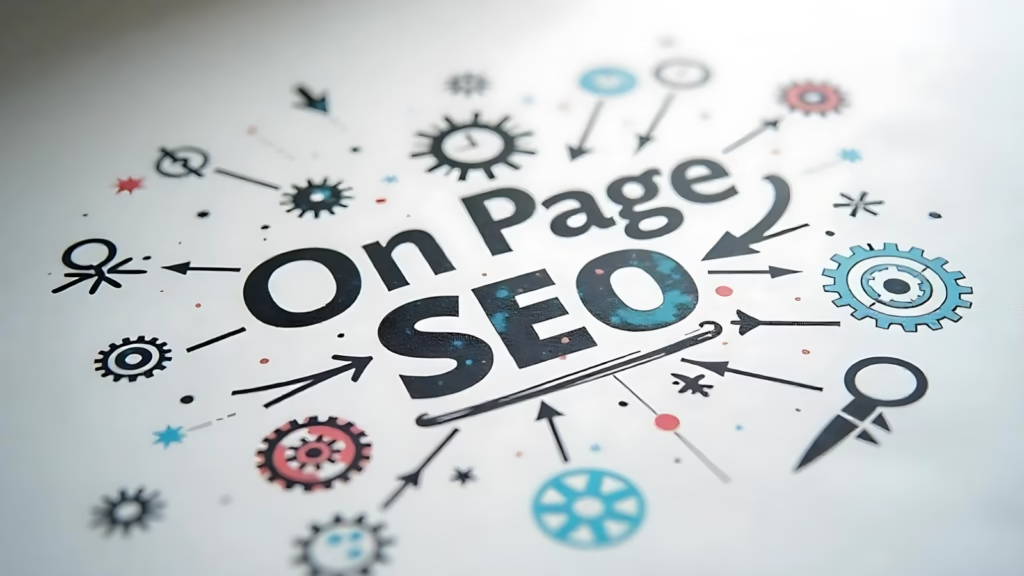
Key Aspects of On-Page SEO
Content Quality and Relevance: Consequently, developing content with a superior standard that will help to solve the user’s issue is crucial to on- page SEO. The two algorithms strive to find users the most relevant results to what they want to know, so content that meets the intent of a reader will be more successful. Key considerations include:
Keyword Usage: Writing your keywords in a strategic manner within the content or addressing your content theme coherently assists the search engine in identifying the topic. However, stuffing a page with keywords may have a negative impact on the ranking that is why moderation in this matter is a must.
Content Length: In general, longer and more detailed content is more effective – such content answers users’ questions more fully.
Content Freshness: Resultantly, fresh updating of content helps enhance the ranking of the website.
Meta Tags and Descriptions: Meta titles and meta descriptions are important from the standpoints of usability and SEO . These appear within the search results and should be written in a way that they attract the public’s attention while, at the same time, should provide a relevant depiction of the content of the related page.
Header Tags (H1, H2, H3): Cleanness of a header tag used relates to organization of content in terms of readability and Search Engine optimization. An H1 should reflect the content of the page and H2 is subdivided into H3 to help the search engine crawl through the content easily.

URL Structure: URLs should be short, meaningful and where possible should contain relevant keywords. C Obviously, a clean and understandable URL is not only helpful for SEO but also useful when someone visits a page.
Internal Linking: Helps with SEO in terms of distributing link equity around the site, and assists in organizing the architecture of the site. It also directs the search engines to other vital pages within your site since they are interconnected.
Image Optimization: A crucial aspect of web design is making images load as quickly as possible and making sure that they have proper names for accessibility and for successful SEO. Search engines cannot identify images but they can read keywords within the alt text and thus comprehend the image.
Page Load Speed: Quick to load web pages are very helpful for users and allow the site owners to achieve better rankings in the SEs. Currently, slow-loading web pages greatly contribute to high bounce rates which are a taboo to ranking.
Mobile Responsiveness: A criterion that has become very important as most users visit sites via their handheld devices, is that of mobile responsiveness.
What is Off-Page SEO?
It is a process of optimizing the website on a broader internet platform with the intention of influencing the position of the website in the internet search engine result set. We can understand off-page SEO as a strategy that uses external factors in order to increase the credibility of a website in the eyes of the used search engine.
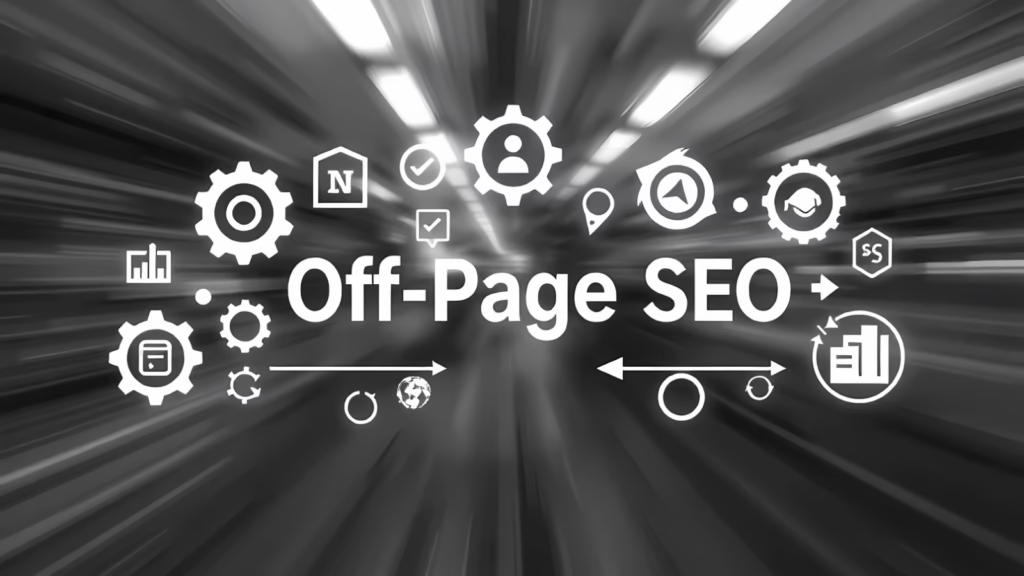
Key Aspects of Off-Page SEO
Backlinks: Getting backlinks is one of the most crucial parameters of off page SEO services. This is a list of URLs from other sites’ web pages that connect to your site. Search engines view these links as endorsements from other sites in your realm meaning they are informed your content is valuable and worth it.
Quality over Quantity: One or two links from such authoritative websites such as .gov or .edu or any other reputed and authoritative website is more valuable than hundreds of links from low quality websites.
Relevance: Inbound links from the relevant business category or site with related topics are more effective than the ones from other sites.
Social Signals: This means that even though social media does not impact the basic SEO rankings, it does bring in more page views which lead to more backlinks as well as higher engagement which is favorable to any SEO. A strong social media presence for a brand establishes the company as a leading industry authority, and cultivates relations with influencers.
Guest Blogging: As an off-page SEO technique, the practice of being able to write good quality guest posts for other websites within your niche is recommended. These posts often contain links to your website and hence boost your website’s authority, and search engine rankings.
Influencer Outreach: I get more traffic and also get backlinks for my website Just got in touch with the influencers of my niche. It can be safely stated that influencers definitely can spread your content and increase the exposure of your brand, which can positively impact your position in the search results.

Local SEO and Citations: For businesses with a physical presence, local SEO is essential. This involves optimizing your website for local searches and getting your business listed in local directories. Building citations (mentions of your business name, address, and phone number across the web) helps establish your business’s credibility in its location.
Brand Mentions: Even if there is no direct backlink, search engines treat brand mentions (i.e., your brand being discussed online) as positive signals. The more your brand is mentioned across authoritative platforms, the more likely it is that search engines will recognize your site as a relevant source of information.
Online Reviews: Reviews on sites like Google My Business, Yelp, and Trustpilot can positively impact your SEO. Positive reviews increase trustworthiness, and the frequent activity surrounding your business can help improve local search rankings.
The Relationship Between On-Page and Off-Page SEO
On-page SEO and off-page SEO are complementary strategies. On-page SEO helps search engines understand the content and structure of your website, while off-page SEO signals to search engines that your site is credible, authoritative, and popular. A balanced approach that combines both on-page and off-page SEO techniques is the best way to improve your website’s rankings and visibility.
For example, even if you have excellent on-page SEO with well-optimized content, your site may not rank highly if it lacks quality backlinks and external signals. Conversely, a website with numerous backlinks but poorly optimized content will struggle to rank for the right keywords.

Conclusion
Both on-page SEO and off-page SEO are indispensable for achieving strong search engine rankings. On-page SEO ensures that your website is optimized for search engines and users, while off-page SEO builds your site’s authority and trust through external signals. A comprehensive SEO strategy should integrate both approaches to maximize visibility and drive organic traffic.
ge elements and cultivating high-quality off-page signals, you can create a powerful SEO strategy that not only improves search engine rankings but also delivers long-term results for your website’s visibility and success.By regularly updating and optimizing your on-page.


